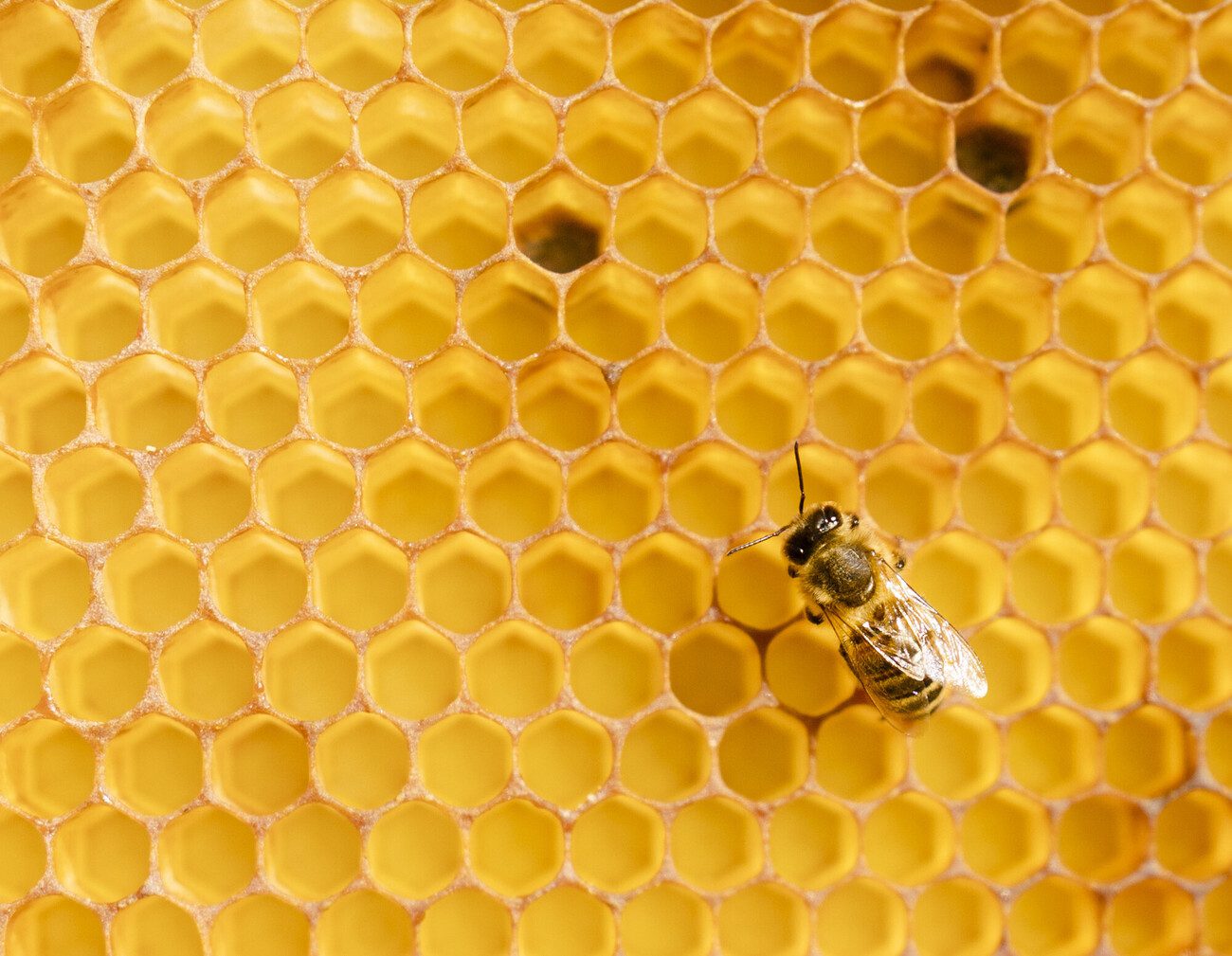MARBLEHEAD — Spring has officially arrived in the North Shore and with it comes seasonal honey for the Marblehead Beekeepers.
“The best part about being a beekeeper is you get spring honey,” said Susan Dobscha, a founding member of Marblehead Beekeepers. “Spring has the lightest and the least amount of sugar content. It almost can be kind of spicy even.”
Spring honey tends to be rare and isn’t typically sold in stores, since the length of the season depends on how winter goes. But thanks to this year’s mild winter, her bees survived it and spring started right on time.
Dobscha’s hive lives right in her backyard, as do the hives of other beekeepers in town.
“There’s not a lot of us, but there is a small community of beekeepers here in Marblehead,” Dobscha said. “We kind of help each other out and try to trade information.”
One of the main reasons many of them started beekeeping is because they were worried about the declining population of bees, she said. After they got started, members of the group became “advocates” for sustainable lawns.
“When you see a bee that’s been poisoned, it’s very hard not to get upset that people put chemicals on their lawns,” Dobscha said. “It all definitely shows how everything is very connected, especially because we all live in tight quarters here.”
She said the biggest killer of honeybees is Varroa Mite. Having the group makes it easy to educate fellow beekeepers on how to treat for mites.
“It’s important for all of us to treat for mites because I might treat my hive but somebody half a mile away doesn’t treat, and then their bee comes and gets in my hive, and then the infestation starts all over again,” Dobscha said.
Dobscha said there are many benefits of beekeeping, one of which is potentially improving allergies. Eating honey that is sourced from where you live can help with local allergies.
“People are allergic to pollen, and so there’s some pollen that gets into the honey, and so the theory is you’re sort of taking a little bit of the pollen that you are allergic to and you’re building up an immunity, but you have to have it be as local as possible,” Dobscha said.
Honeybees also produce propolis, a resin-like mixture that they use to seal holes in their hives. Dobscha said propolis can be used for healing purposes.
Beekeeping, she said, is a “humbling” hobby. While beekeepers in Marblehead produce their own honey, they don’t typically sell it.
“It’s mainly just honey production for us and then also just to help with making sure that our food plants get pollinated, and everybody in my neighborhood says that they get more tomatoes and they get more green peppers,” Dobscha said. “The bees definitely help my raspberry bushes, so people do see a definite direct benefit when they live near a beehive.”

